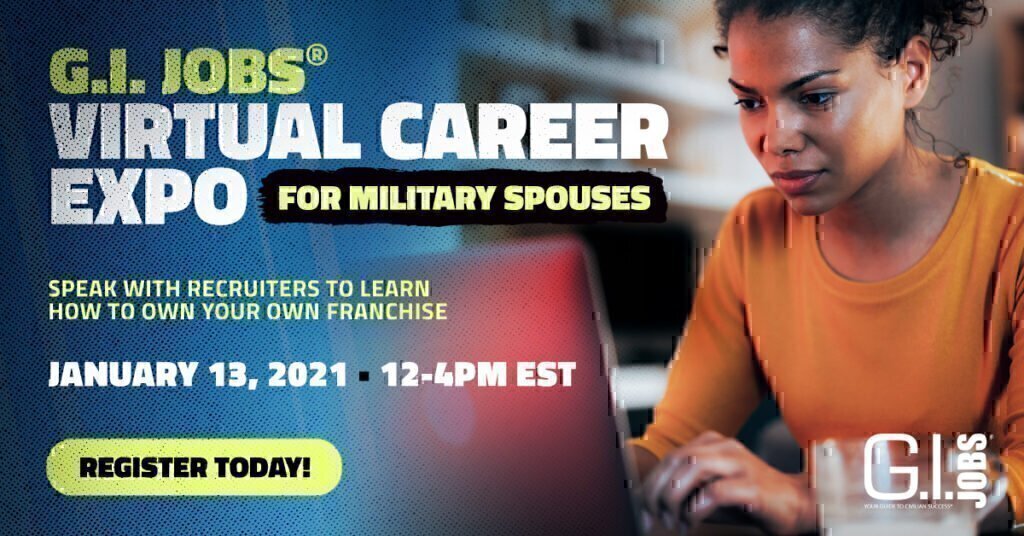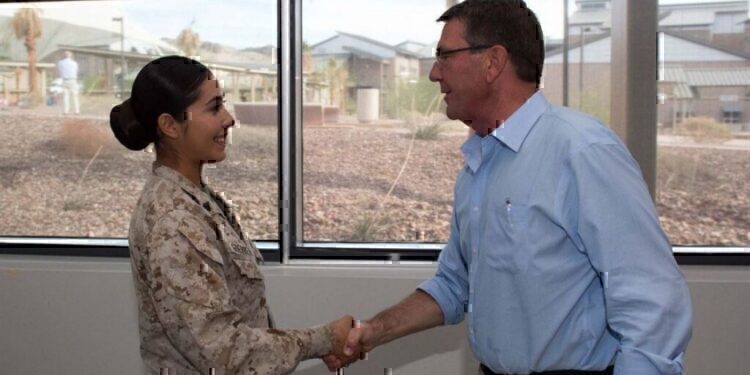sc: GI Jobs
BY TIM MALLOY
Like any other military operation, building your network is never complete.
RATHER, IT IS FULL OF REFINEMENTS, EDITS AND ASSESSMENTS DESIGNED TO MEET THE EVER-CHANGING DYNAMIC THAT THE JOB MARKET BRINGS.
One of the most powerful and rewarding refinements you can make to your brand is the development and implementation of your personal network. Chances are that if you are reading this article via your smartphone, you already have a network through one of the many social media platforms readily available today.
Those networks are good if you are looking to maintain the friendships that you have made over your years in the military. One could easily argue that the simplicity of social media makes establishing and maintaining friendships a simple and powerful thing. Imagine if you could harness that power and use it to work for you as you begin your journey back into the civilian world! Not only can that be done, but in a surprisingly easy way.
As mentioned before, LinkedIn is the professional social media platform. Hopefully you have established a profile on the site and begun to make connections. If you have, good for you! If not, do not panic, as your transition from the uniformed service to civilian life will give you plenty of opportunity to make connections that can open doors to your new career.
You can get the ball rolling at the upcoming G.I. Jobs Virtual Career Expo, where you can chat one-on-one with recruiters looking to hire veterans. Registration is free, but seats are limited, so be sure to reserve your spot at the link below today!

Let’s explore a few quick places where you can begin to build your network:
- Transition Assistance Program (TAP) – Regardless of your branch of service, there is a transition assistance program in place designed to assist you with your new journey. Surprise! Every member of the TAP team is a connection. With a variety of civilian and military occupations, the TAP staffs are a treasure trove of opportunity. Perhaps they worked in your future career field or know someone that does. You will find out quickly that every connection you make has some value.
- Job Fairs – Gone are the days of walking up to booths, dropping a résumé and hoping for the best. Now, recruiters are networking just as much as job seekers. Capitalize on the time—if the recruiter has a business card, chances are they have a LinkedIn profile or a Twitter handle or a Facebook page. If they do, ask if you can make a connection. While the recruiter might not have a position for you right then and there, they may have one in the future.
- Service Organizations – Another treasure trove of connections. While organizations like the VFW, American Legion and others do a lot of good for Veterans, they are often overlooked as a job search resource. If you are a member of an organization, follow them on social media, including LinkedIn. Get to know other members at a meeting and chances are you will make a solid connection.
- Online Groups – There are many groups designed to further your personal network. Whether the group is based upon your military service (the LinkedIn Iraq Veterans Group, for example), or just folks like yourself looking to change career fields, these groups offer great opportunity for job leads as well as mentorship.
Of course, as with any other social group, there are a few unwritten courtesies that should always be followed.
First, when joining a group, introduce yourself. Tell them who you are and what you hope to accomplish. Remember, you never get a second chance to make a first impression. Second, if during your information superhighway travels you stumble across someone that would make a good connection who you do not know, ask to make their acquaintance before sending a connection request. LinkedIn has a feature that allows you to send a personal note with your request and it is highly recommended.
Recruiters meet a lot of candidates, but the one that takes the time to refresh their memory and show courtesy gets noticed. The addition of a thank you for the introduction after a job fair or recruiting event shows the recruiter that you are serious about your search.
Finally, and perhaps most importantly, is always pay it forward. Share opportunities on your social media—perhaps a member of your network could use the contact to gain employment. Some recruiters have the ability to pay referral money to those that refer hired candidates. Even if they don’t, recruiters appreciate the exposure and will certainly remember you as unselfish and will often pass along opportunities to you.
If you follow these simple guidelines, you will be well on your way to building your own powerful professional network. As your network grows, so will your opportunities. Whether you are actively transitioning out of the military or just gathering atmospherics on the civilian world, your network is only as strong as you make it! You’ve worked hard to get to this point, now let the power of social media work for you.
Put your networking skills to work at the upcoming G.I. Jobs Virtual Career Expo, where you can chat one-on-one with recruiters looking to hire veterans. Registration is free, but seats are limited, so be sure to reserve your spot at the link below today!









